Keywords: Sports
There are more than 200 results, only the first 200 are displayed here.
-
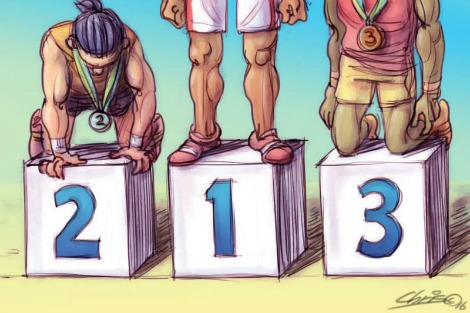
INTERNATIONAL
- Michael McVeigh
- 22 August 2016
9 Comments
Australia appears likely to fall well short of its pre-games medal target. This has led to criticism of the government's funding strategy, which has seen money poured into elite sports where Australia has traditionally been most successful or where medals seemed most likely. This approach inevitably leads people to calculate whether Australia has received 'value for money' for its investments. But it doesn't have much to do with what people actually get out of watching or being part of the Olympics.
READ MORE 
-
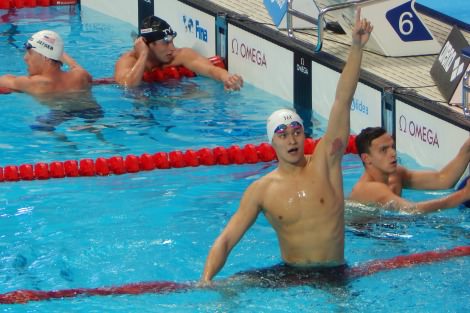
INTERNATIONAL
- Jeremy Clarke
- 17 August 2016
3 Comments
Horton desired to highlight the need for more stringent application of doping policies but in the process he enabled Chinese nationalists to bolster their inflated national pride, at his and Australia's expense. That he used his concern about drug use as a competitive tactic lessened its effectiveness, and only enabled Chinese nationalists to once more don the mantle of victim. Any chance for reform around issues like drugs in sport got caught in the wake of wounded egos and jingoistic pride.
READ MORE 
-

ARTS AND CULTURE
- Frances Roberts
- 09 August 2016
7 Comments
This cramped corner of the decking planks is all you have on a pelagic wreck, a Medusa raft, splintered, rank ... Part of an interlocking human mat, you lie exposed and frightened, to escape the below deck stench of excrement and illness. Scant hope here of sleep ... The true villains in this outcome bask proudly in their stand firm against illegal entry by the family of man.
READ MORE 
-
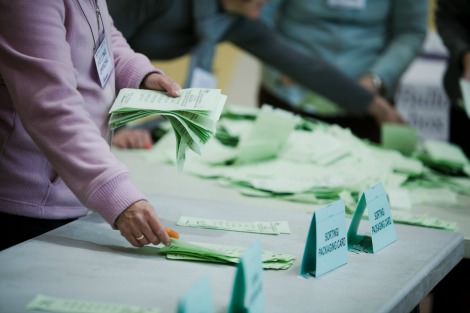
ARTS AND CULTURE
- Ellena Savage
- 08 July 2016
3 Comments
The OIC makes a dramatic speech about the integrity of live ballot papers, that there will be no repeat of the Western Australian kerfuffle, that we have our booklets that contain all the answers (and many typos, too). He seems nice. Maybe a little skittish. Not someone I'd imagine would be hired to run an office or manage a kitchen or even wait tables, but he must know what he's doing. This speech is the last demonstration of authority I witness on this day.
READ MORE 
-
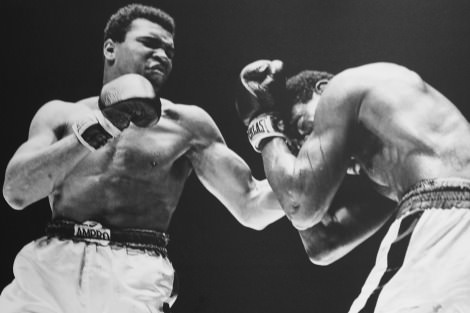
INTERNATIONAL
- Fatima Measham
- 08 June 2016
7 Comments
The contest over Ali began even as news spread of his passing. His legend straddles the violence of his sport and the violence in which he refused to participate. Boxing is brutal but it has rules and finite duration. In war, there are no rules and no one wins. Ali recognised a larger violence, chose his enemies, and reimagined bravery. Attempts to sublimate this legacy - such as comments about him 'transcending' race - resemble the appropriation of Martin Luther King Jr by conservatives.
READ MORE 
-

ARTS AND CULTURE
An honest tackle trucks two junior footballers tangled across the boundary line of the arena before the barrier between hoi polloi and gladiators, the tackler fouled again, the ball out of play, an elbow stab to the ribs, a knee seeking a crotch in this small town that yearns to be a contender, the fair team fitter, faster, braver, ahead.
READ MORE 
-
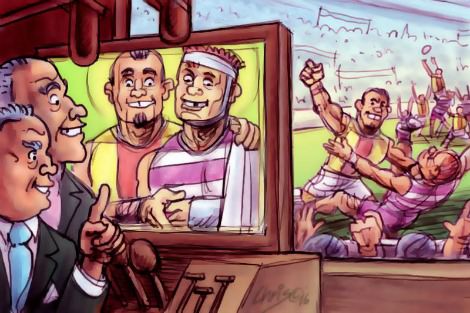
MEDIA
- Garry Westmore
- 02 May 2016
4 Comments
Arguably, as a society, Australia's tolerance for violence is waning, and both the AFL and the NRL have been proactive in diminishing the prevalence of deliberate and reckless violence that might endanger players' safety. Unfortunately, despite the AFL's desire to stamp out the more dangerous incidents, many televised football commentators are hindering the cause by making excuses for players, playing down the severity of their actions, and failing to condemn them.
READ MORE 
-

EDUCATION
- Tony Thompson
- 08 April 2016
21 Comments
The school has been supportive, but in this data driven age even the finest teachers are compelled to teach to the vile Naplan tests. Dyslexic kids are put through unbelievable stress with these tests. If deaf kids were compelled to do listening examinations, there would be an outcry. I'm not sure if there's a difference. I'm also not sure if the ever narrowing scope of education can still accommodate students like my son, despite all the talk about diversity and differentiated learning.
READ MORE 
-
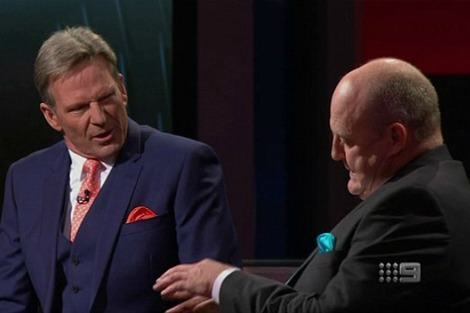
MEDIA
- Tim Kroenert
- 17 March 2016
7 Comments
It's time someone called out this whole Billy Brownless/Garry Lyon saga for what it is. These former AFL footballers and sports media colleagues have fallen out over the past few months, over a reported affair between Lyon and Brownless' ex-wife, Nicky. This is not merely a salacious non-story. It is the nadir of a grubby grain of sports journalism that serves as the mouthpiece for an industry that has a long way to go before it leaves accusations of racism, homophobia and misogyny in its wake.
READ MORE 
-
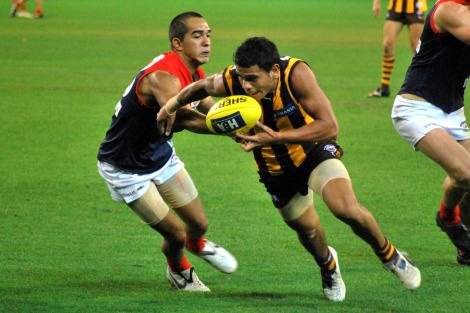
MEDIA
- Erin Riley
- 29 February 2016
16 Comments
Sports journalists shape narratives. There is drama intrinsic to sport, but the sports journalist draws it out, identifying heroes and villains, and slotting each performance into a broader arc. The power to influence the way the public understands a game or player ought to be wielded carefully. Too often, it is not. This is best demonstrated by the ways in which commentators and journalists speak about Indigenous athletes. A simple superlative can be loaded with more than a century of cultural baggage.
READ MORE 
-

ARTS AND CULTURE
- Tim Kroenert
- 06 November 2015
2 Comments
Pakistani teenager Malala Yousafzai came to international prominence in 2012 after being shot in the head by a Taliban gunman, for her advocacy for girls' education. He Named Me Malala ponders whether her father shares indirect responsibility for the shooting, as he encouraged her advocacy. The question of exploitation is relevant whenever a child enters the public gaze, but here it threatens to undermine Malala's own agency, as a young woman who can think, speak and act powerfully on her own behalf.
READ MORE 
-

ARTS AND CULTURE
- Paul Micallef
- 26 October 2015
9 Comments
My brain lacks a degree of 'pre-programming'. I am naturally open-minded and non-judgemental. When asked a question I immediately (often dispassionately) think of many possible solutions. This is great for questions like 'How can we improve this system?', and less good for questions like 'On which body part do you wear your pants?' The secret to learning social rules is in understanding emotions. Knowing what is 'appropriate' often comes down to how it makes the other person feel.
READ MORE 